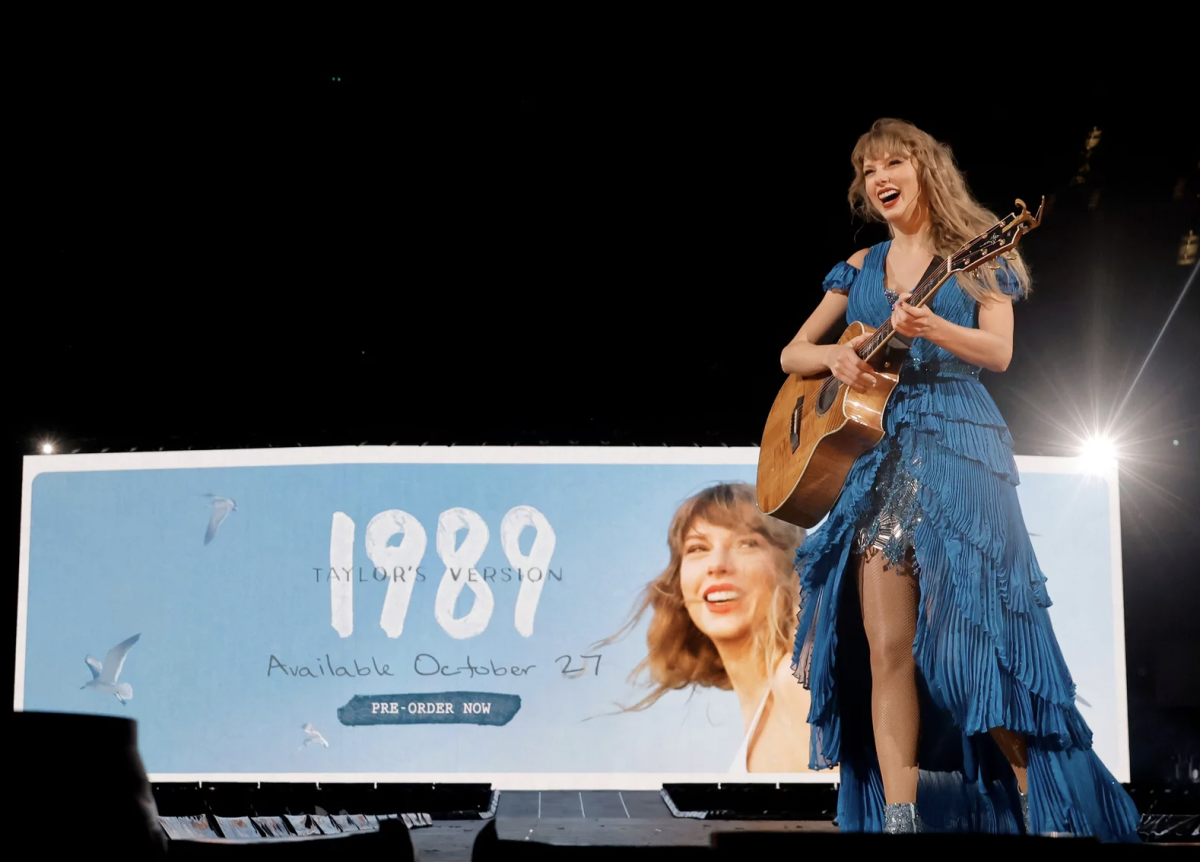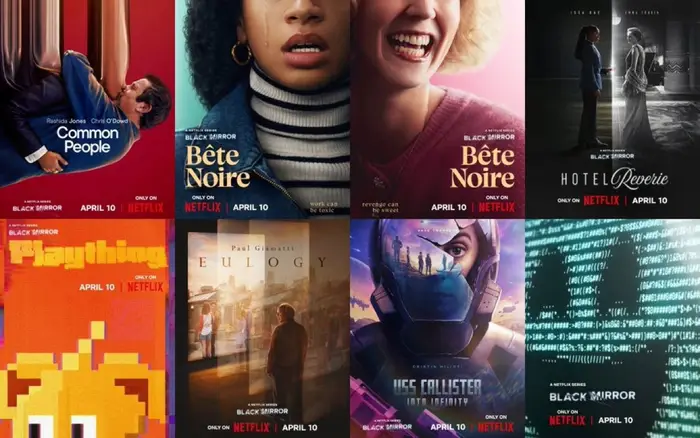Taylor Swift appeared in blue renditions of her iconic “Eras Tour” outfits on August 9, representing the color palette of her acclaimed 1989 album, leading to the announcement of 1989 (Taylor’s Version)’s upcoming release. The fans at Sofi Stadium in Los Angeles that night broke out in screams and applause in response to the announcement. Their excitement was echoed by millions of fans who found themselves watching the announcement via a glitchy livestream, who know of Swift’s reputation for illustrious easter eggs, surprises, and strategic planning.
Swift has been gradually re-releasing her albums with the addendum Taylor’s Version since 2021, beginning with her country album Fearless. This revisiting of her past has been a source of entertainment for fans globally as well as casual listeners of Swift.
However, many do not know that underneath the nostalgia and fun of the re-releases, Swift has been advocating, individually and collectively, for something bigger: an artist’s right to fully and unconditionally own their work.
As a resident Swiftie, I am someone who will ask for a change in music if the Taylor Swift song playing is not Taylor’s Version. People will often sigh in annoyance at this request, but my desire is simply to support Swift’s efforts in fighting against a corrupt industry and advocating alongside her.
Within the current structure of the music industry, most performers receive a contract early in their career that establishes record labels as the owners of all the masters and legal makeup of their art. Artists typically only see a fraction of the income from their work and do not maintain any sense of ownership.
Record labels’ continuous exploitation of artists, often new and young, establishes a false sense of ownership and credibility, at least legally, for art they did not create. The labels keep these liberties for as long as they represent that artist. A record label can decide the future of said music, without the artist’s consent.
In 2019, Taylor Swift’s whole life changed. She lost her work. Everything she had been creating, producing, making, sold beneath her feet to a man whom she specifically requested it never go to, Scooter Braun. Swift left Big Machine Records, the label she had been with since the beginning of her career in 2006. Swift had been fighting to pay for and gain ownership of her masters for years before her leaving Big Machine and was constantly denied time and time again. So, she was rightfully upset when Braun bought her record label from Big Machine Records and with that, the rights to over 10 years worth of Swift’s music.
When one sells art, they sell a story, they sell the life of the artist. So, when Braun took over Swift’s masters, he claimed for himself the life stories of Swift, her heartbreak, her love, and her misery, each he took ownership of.
Record labels’ abuse is constant in American entertainment; society has just chosen to ignore the clear indicators of it. However, through Swift’s unique way of protest, recording all her old albums under her ownership with a new record label, this issue has finally been brought to light.
Yet, her activism and integrity are constantly “lost in translation” as well as the overlooked importance of the words Taylor’s Version. As, many still stand unaware of what Swift is doing in these re-records, pinning her as an ultra-capitalist, money-grabbing, attention seeker, most likely because the fame of an uber-successful female artist is terrifying to many. All while Swift leads the charge to dismantle and change an oppressive and outdated system that affects many artists, both young and old, today.







